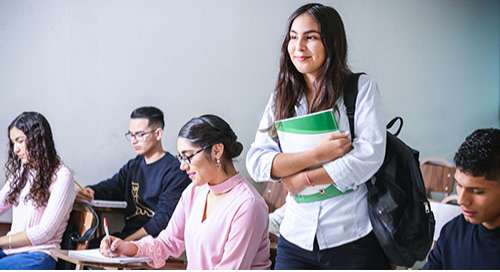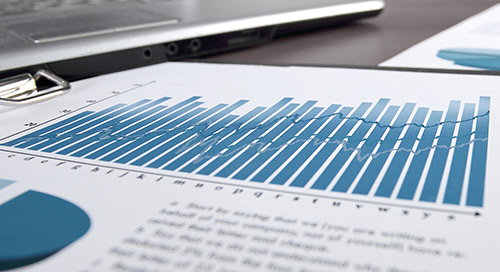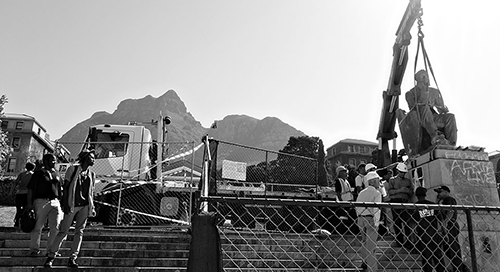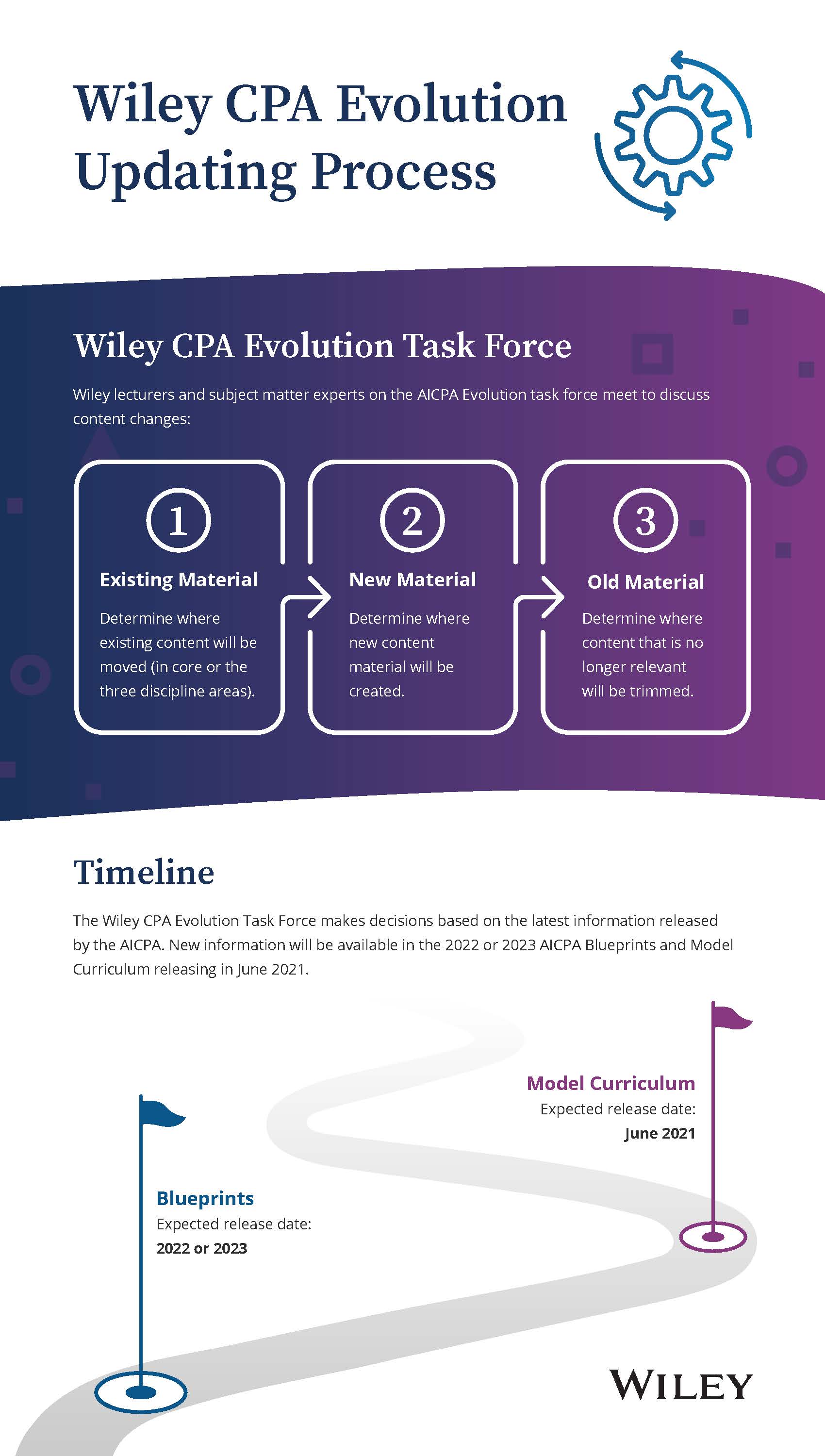is-student-cheating-on-the-rise-how-you-can-discourage-it-in-your-classroom
July 22, 2020
With higher education institutions moving quickly into remote learning due to the ongoing pandemic, issues of academic integrity have risen to the forefront of educators’ minds. Will the explosion of online courses result in a surge in student cheating? Cheating in class is not new. Stamping out the practice whether online or in-person will forever remain an issue. For instructors who can't roam the room, preventing student cheating may seem like a tall order, but there are specific strategies to use that go beyond policing and focus on student attitudinal changes.
Wiley conducted a survey regarding academic integrity with 789 instructors responding, and 93 percent believe students are more likely to cheat in an online learning environment. Click the image to download the article below to discover more and get specific tips on how to discourage student cheating.
Want additional information on preventing student cheating? Wiley has two on-demand webinars for you to view.
The Academic Integrity Brain Trust featuring a panel of three leading experts: David Rettinger, Ph.D., Professor of Psychological Science and Director of Academic Programs at the University of Mary Washington; Tricia Bertram Gallant, Ph.D., author of Academic Integrity in the Twenty-First Century: A Teaching and Learning Imperative (Jossey-Bass, 2008), co-author of Cheating in School: What We Know and What We Can Do (Wiley-Blackwell, 2009), editor of Creating the Ethical Academy: A Systems Approach to Understanding Misconduct & Empowering Change in Higher Education (Routledge, 2011), and section editor for the Handbook of Academic Integrity (Springer, 2016); and Dr. Douglas Harrison, Vice President and Dean, School of Cybersecurity and Information Technology at University of Maryland Global Campus.
When Good Students Make Bad Decisions: The Psychology of Why Students Cheat presented by David Rettinger, Ph.D., Professor of Psychological Science and Director of Academic Programs at the University of Mary Washington.













